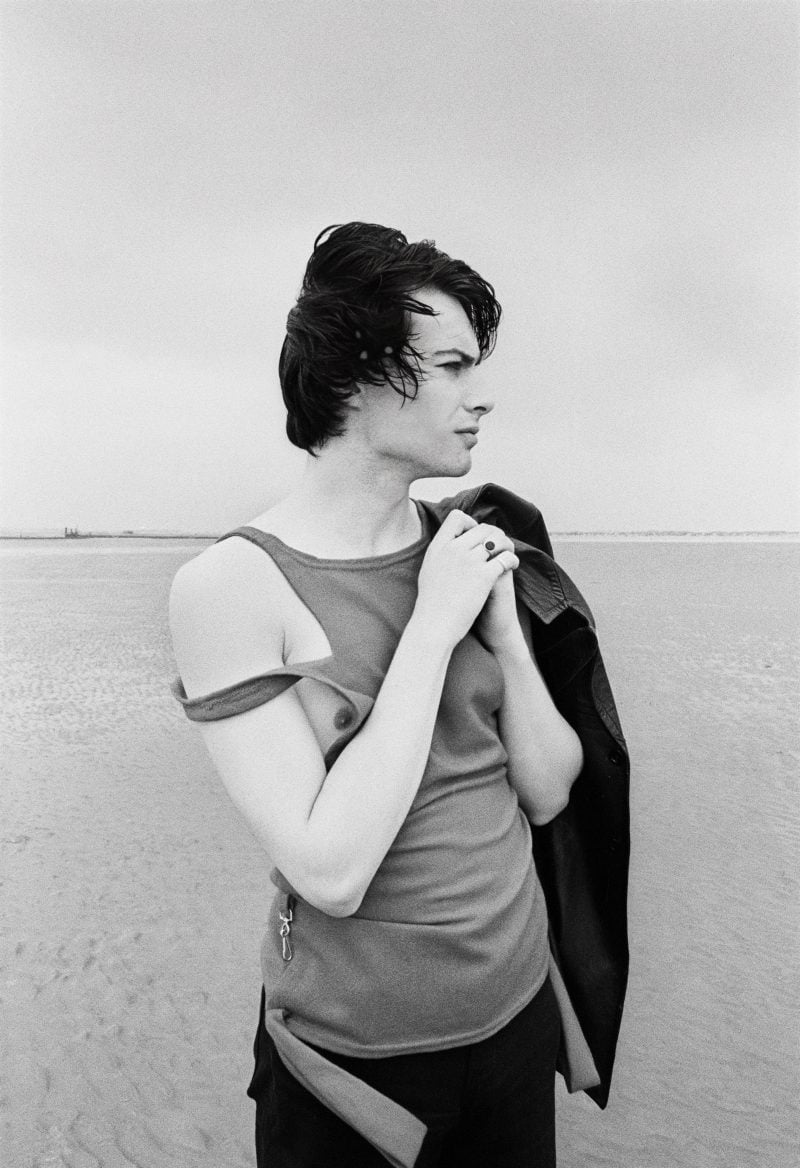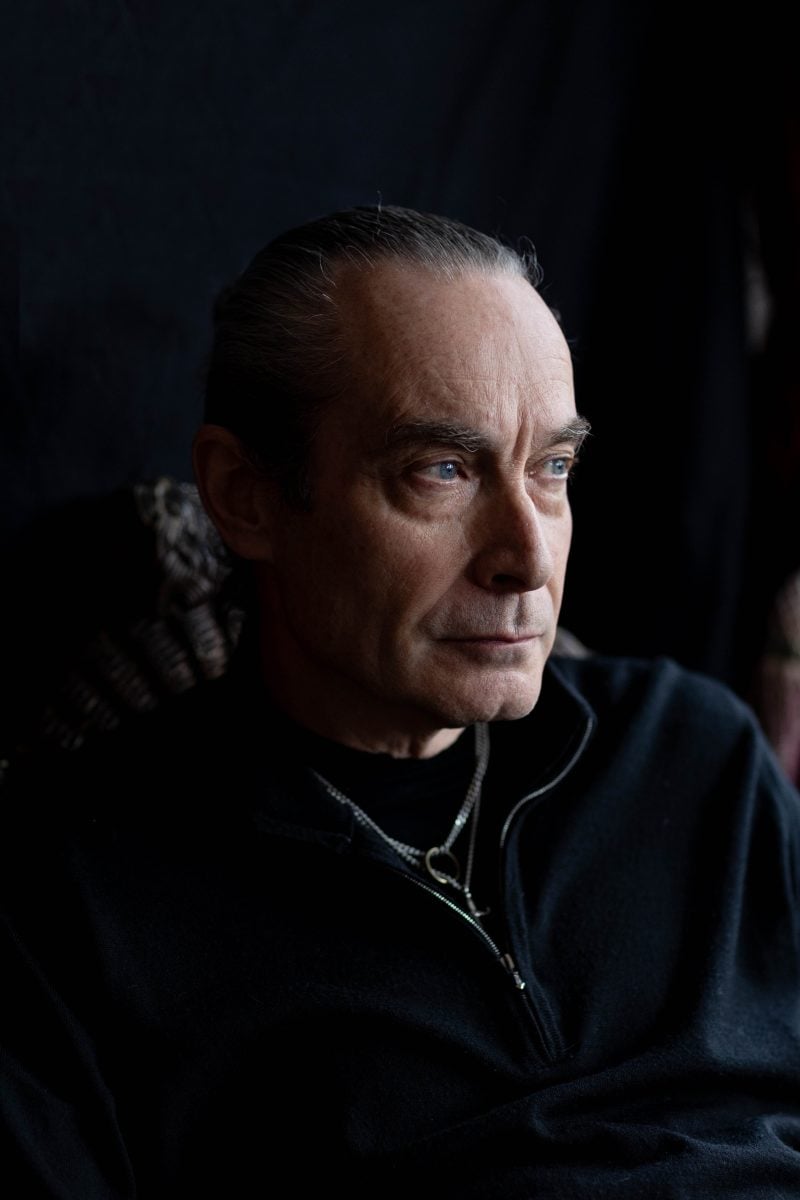John McKay -yes, that John McKay – has returned at long last with Sixes and Sevens, his first-ever solo album and a long-buried trove of unreleased studio recordings. As the groundbreaking guitarist and melodic architect behind Siouxsie & the Banshees’ first two albums and early singles (including the iconic Hong Kong Garden and the underrated Staircase Mystery), McKay helped shape post-punk at its roots. Now, via Tiny Global Productions, he resurfaces. Sixes and Sevens marks John McKay’s first full-length release in 46 years, compiling select gems from those archives. A special edition on Bandcamp includes a bonus CD with additional tracks (featuring an unforgettable surprise for Banshees devotees) and a booklet with lyrics, a self-interview, and more.

John McKay didn’t strum so much as slash; his guitar wailed, snapped, and snarled. A blueprint for post-punk’s jagged geometry, his hands shaped the sound of a thousand imitators. Steve Albini, Johnny Marr, Geordie from Killing Joke, Thurston Moore, and even The Edge – they all borrowed from his sharp and unsentimental style. Following brief stints by Marco Pirroni and Peter Fenton, McKay joined the Banshees in July 1977 like a storm through a cracked window: sharp, sudden, undeniable. His guitar, all jag and jolt, brought ballast to Siouxsie’s serrated wail and Severin’s bass-throb. He didn’t play so much as provoke: dissonant chords, distorted sighs, feedback folded into feeling. His hands summoned tension, thick as fog, laying groundwork for future gloom merchants. Though his legacy was cemented across two seminal albums, it’s The Banshees’ 1978 debut album, The Scream, that endures as an enigmatic monument to his brief yet blistering impact.
Other great guitars were to follow in the Banshees’ roster—Robert Smith and John McGeoch notably—but “anti-guitar hero” McKay left the first scar. He made noise noble, made dissonance divine. Yet, as swiftly as he appeared, McKay vanished, walking off mid-tour alongside drummer Kenny Morris, leaving chaos and legend in their wake. The scandal of the rupture was seismic enough to inspire its own BBC cautionary tale. Siouxsie’s venomous retort echoed in the acerbic B-side ‘Drop Dead / Celebration,’ but McKay’s absence only deepened the mystique surrounding him, his spectral influence embedded in the fabric of post-punk’s subsequent evolution. Until now, his post-Banshees recordings remained buried, unheard.
To stumble upon a stockpile of sharp, startling songs, recorded in the restless wake of John McKay’s Banshees departure, is nothing short of a revelation. Unheard by all but a handful, these tracks feature fellow fugitives: drummer Kenny Morris, Mick Allen of Rema Rema, legendary bassist Matthew Seligman from The Soft Boys, Graham Dowdall, and McKay’s wife, Linda; tragically, the latter three have since passed away.

Sixes and Sevens boasts eleven studio cuts, meticulously mastered, rising from archival reels like relics from an abandoned cathedral—a lost jewel reclaimed from post-punk’s reckless kingdom.
Among these is “The Blessed West,” one of the earliest tracks recorded after McKay’s exit from the Banshees. “The music is angry and claustrophobic,” McKay recalls. “As always, it came before the lyrics. I wrote the words quite quickly, inspired by the cynicism of watching with horror the machinations of those who ran (and run) our lives. It was the Thatcher period.”
Listen to The Blessed West below and order Sixes and Sevens here.
Follow John McKay:
















 Or via:
Or via: